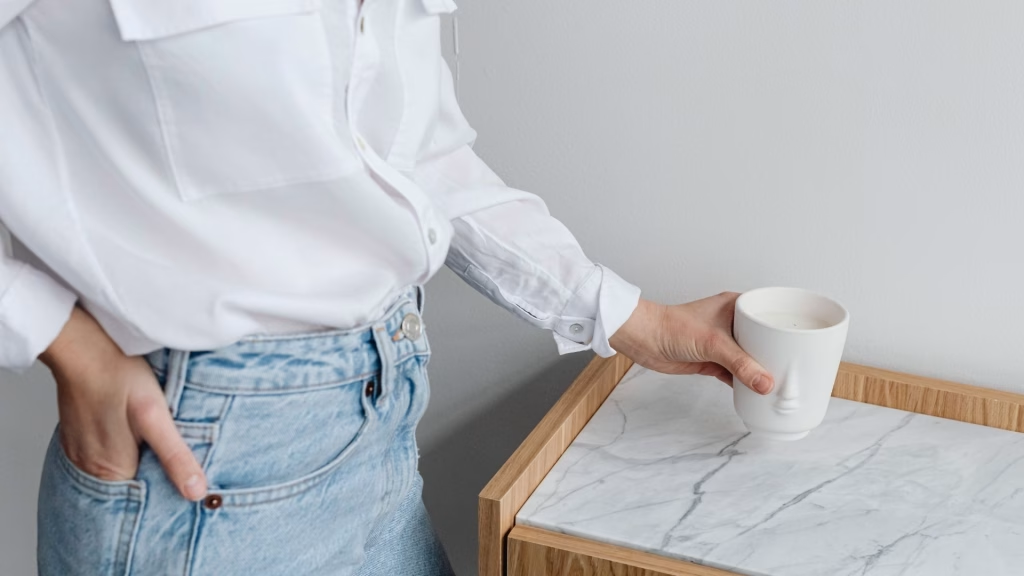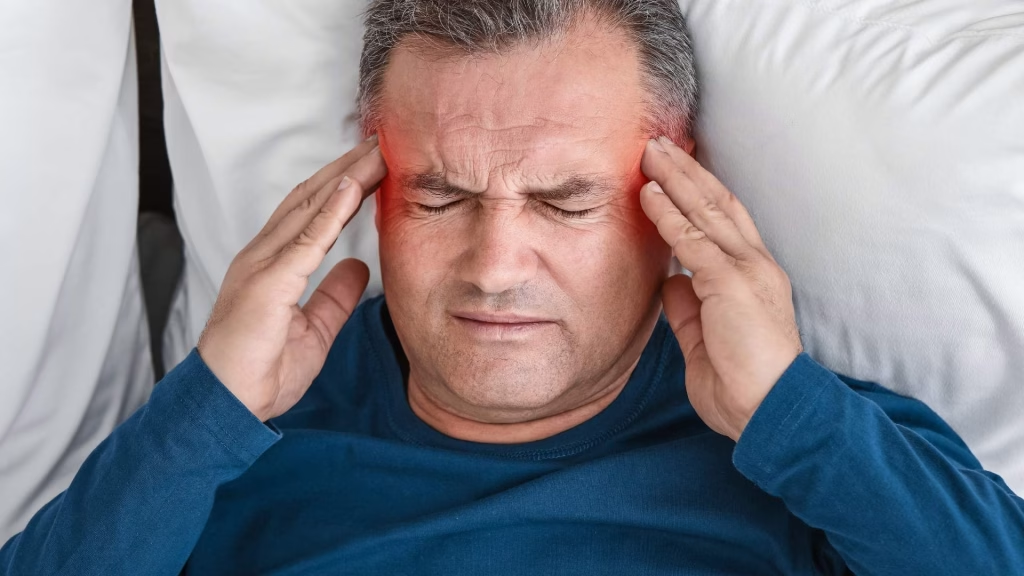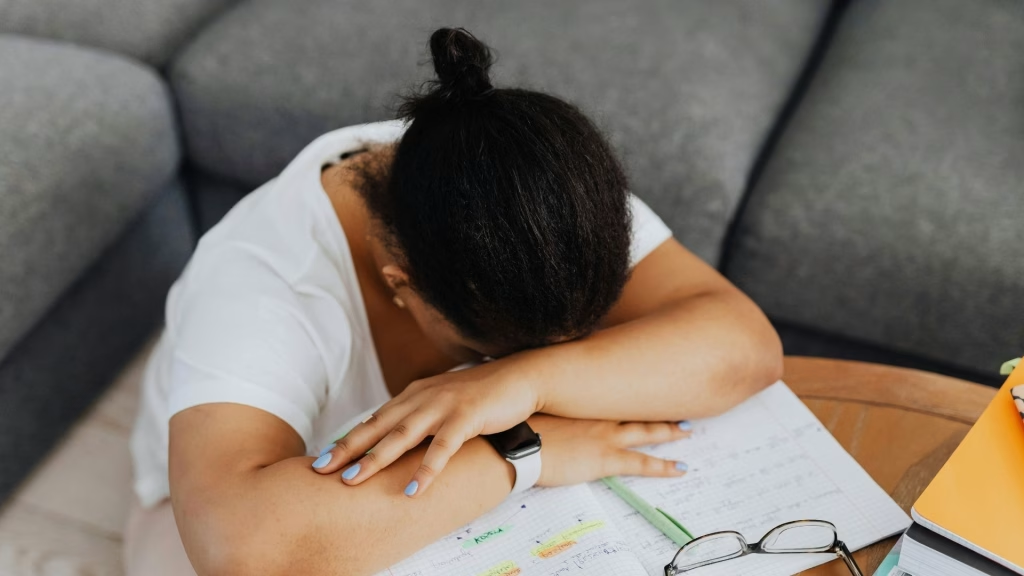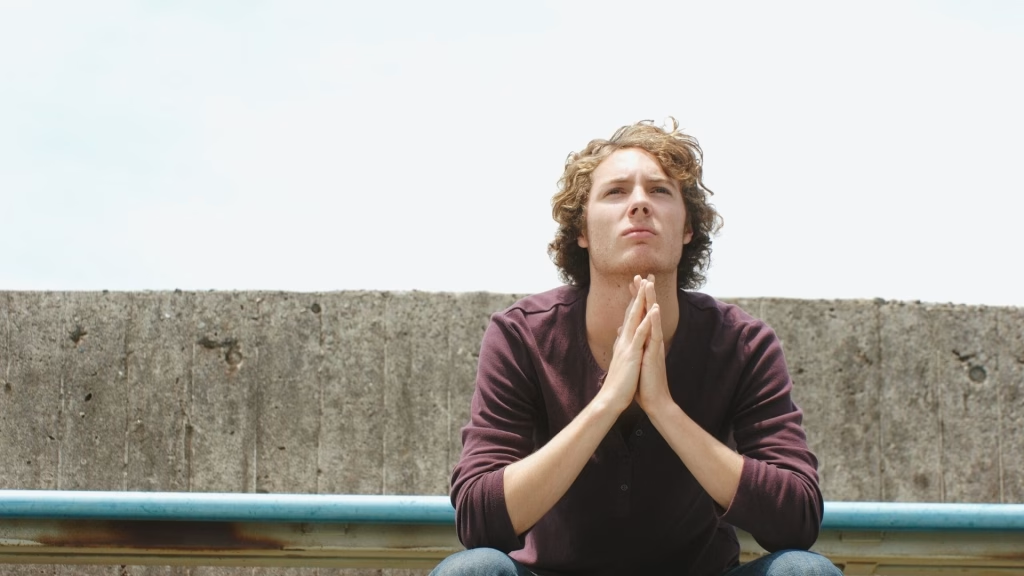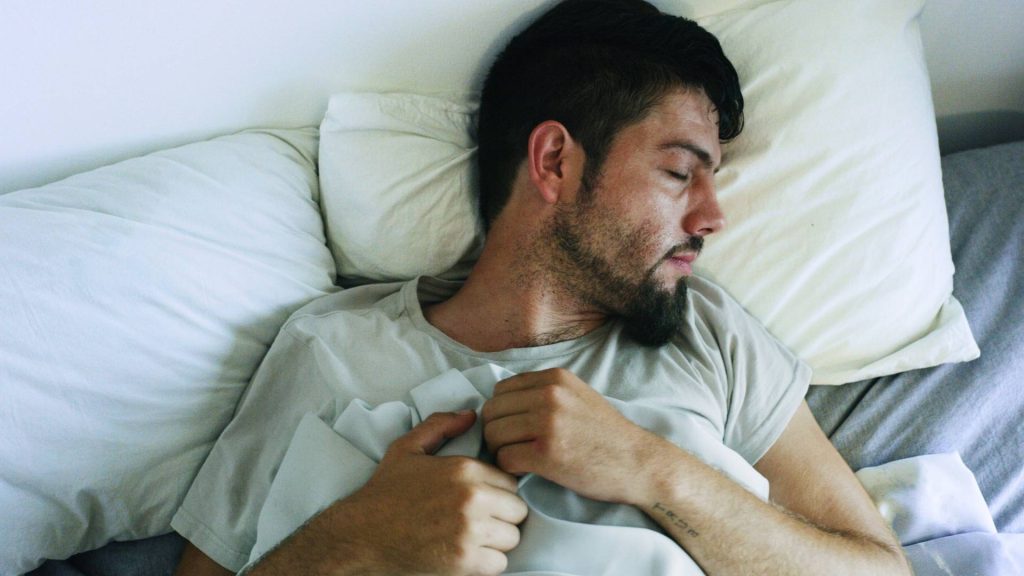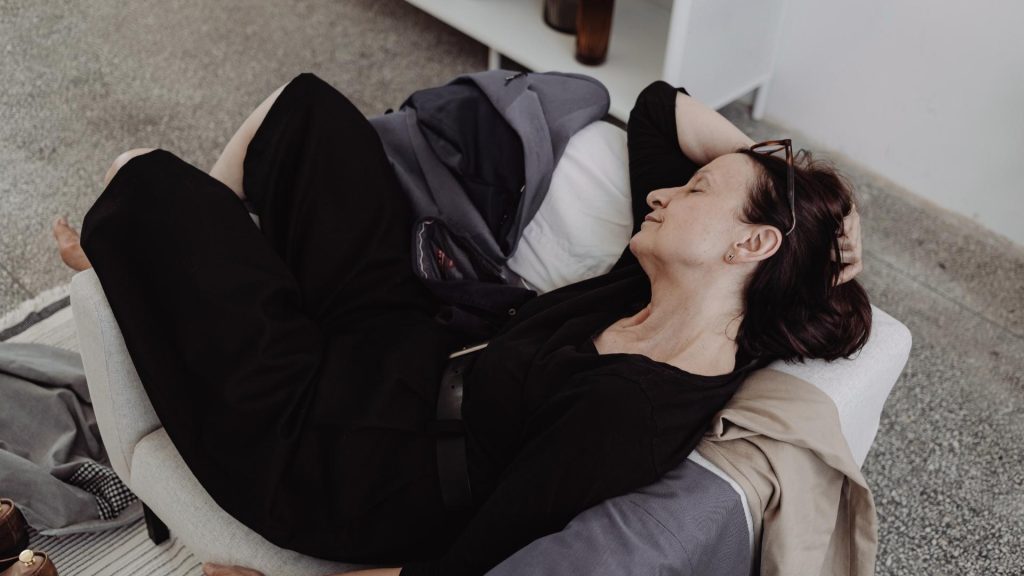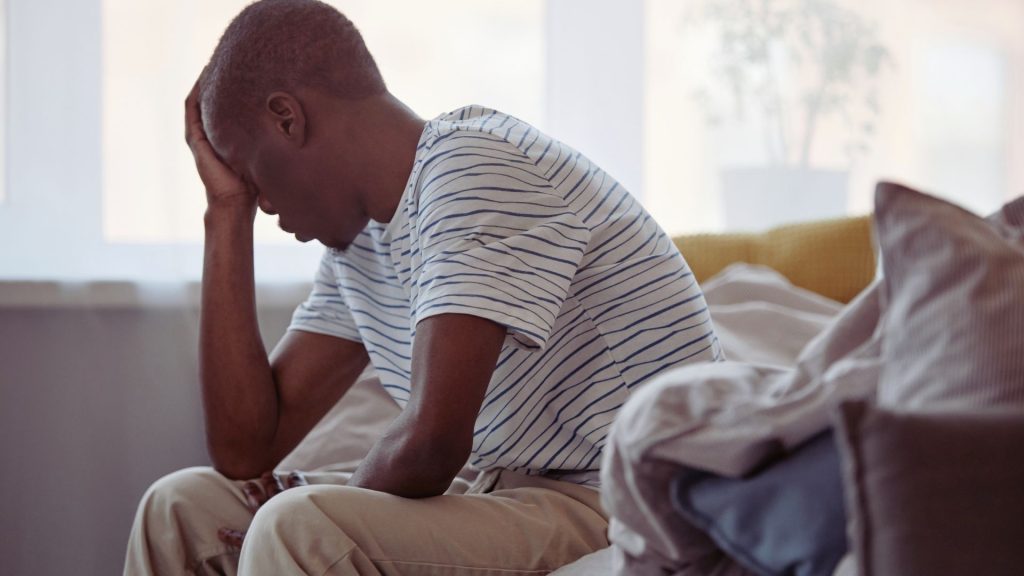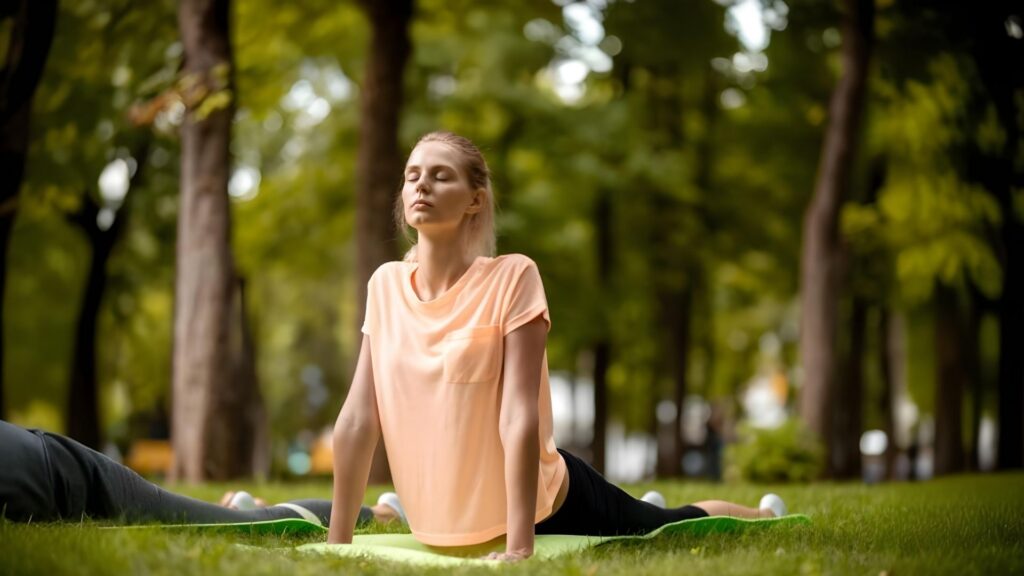Ativan (lorazepam) is a benzodiazepine widely prescribed for stress and anxiety disorders, including generalized anxiety disorder and acute episodes of anxiety, as well as insomnia and anxiety. While highly effective, Ativan carries risks such as dependence, sedation, and withdrawal symptoms, prompting many individuals to seek natural alternatives that offer anxiety relief with fewer side effects.
This article explores some of the most promising natural remedies for anxiety that may serve as an effective alternative to Ativan.

Why Consider Natural Alternatives to Ativan?
Many people want to manage their anxiety and reduce anxiety symptoms without relying solely on prescription medication. Benzodiazepines like Ativan affect the GABA receptor system in the brain, which calms the nervous system but can lead to tolerance, dependence, and addiction, requiring specialized addiction treatment.
Natural remedies often work by modulating similar neurotransmitter pathways, such as GABA and serotonin, but with a lower risk profile. Additionally, combining natural approaches with cognitive behavioral therapy (CBT) or talk therapy can provide comprehensive treatment options for anxiety and depression.
Key Natural Substitutes for Ativan
Some individuals seek natural alternatives that may offer anxiety relief with fewer side effects. Several of these options have shown promise in supporting anxiety management:
Kava Kava (Piper methysticum)
Kava is a traditional herbal supplement from the South Pacific known for its calming effect. Its active compounds, kavalactones, modulate GABA activity, similar to how Ativan works, helping to reduce anxiety symptoms and promote relaxation.
Clinical studies, including systematic reviews, support kava’s efficacy for anxiety relief. However, caution is advised due to rare reports of liver toxicity, especially with non-water-based extracts. Kava is generally considered a safe alternative to Ativan for short-term use under medical supervision.
Valerian Root (Valeriana officinalis)
Valerian root has a long history as a herbal supplement to improve sleep quality and ease symptoms of anxiety. It contains compounds that increase GABA availability in the brain, producing a mild sedative and calming effect. While less potent than lorazepam, valerian is useful for mild to moderate anxiety and insomnia. Research, including randomized controlled trials, shows valerian’s potential to improve nervous system function and promote relaxation. Side effects are usually mild, such as dizziness or headache.
Passionflower (Passiflora incarnata)
Passionflower is another herb that influences GABA receptors to calm the nervous system and reduce anxiety. Studies have found it to be as effective as some benzodiazepines in treating generalized anxiety disorder, with fewer side effects and less impairment in daily functioning. Passionflower also helps improve sleep and reduce pre-procedural anxiety. It is generally safe for short-term use but should be avoided during pregnancy.
Lavender (Lavandula angustifolia)
Lavender, especially in the form of lavender essential oil or oral supplements like Silexan, has shown promise in reducing anxiety symptoms. Unlike benzodiazepines, lavender may work by modulating serotonin and other neurotransmitter systems rather than directly on GABA receptors. A systematic review and meta-analysis found lavender to be effective and safe to take for generalized anxiety disorder, with no sedative or dependency effects. Aromatherapy with lavender is also popular for its relaxing scent.
Chamomile (Matricaria chamomilla)
Chamomile is widely used as a tea or supplement to promote relaxation and reduce anxiety. Its active compound, apigenin, binds to benzodiazepine receptors, producing a calming effect. Reviews indicate chamomile’s efficacy in reducing symptoms of anxiety and improving mood in individuals with anxiety and depression. Chamomile is well-tolerated but may cause allergic reactions in sensitive individuals.
Other Notable Natural Options
Additional herbs and supplements with potential benefits for anxiety include:
- Magnesium: An amino acid and mineral that supports the nervous system and has been shown in studies to reduce subjective anxiety.
- Ashwagandha: An adaptogen that helps lower cortisol and improve stress resilience.
- Rhodiola Rosea: May improve mood and reduce stress-related anxiety.
- Lemon balm and skullcap: Traditional calming herbs, though more research is needed.

Combining Natural Remedies with Therapy
While natural remedies can help reduce anxiety symptoms and improve sleep quality, they are often most effective when combined with cognitive behavioral therapy for anxiety or other talk therapies. These approaches address the psychological and behavioral aspects of anxiety and help individuals cope with anxiety in the long term.
Safety Considerations
Natural does not always mean risk-free. Herbs like kava may interact with other medications or cause side effects such as liver toxicity. Some natural supplements can interact with prescription or over-the-counter medications, potentially causing serious side effects or amplifying sedation, so it is essential to consult a healthcare professional before starting any new remedy, especially if you are already taking other medications.
While short-term use of options like valerian or chamomile appears generally safe for most adults, long-term safety data are lacking, and certain groups—such as pregnant or breastfeeding individuals and young children—should avoid them unless directed by a physician.
It is crucial to consult a healthcare provider before starting any natural Ativan alternative, especially if you are currently taking other medications or have underlying health conditions.
Final Thoughts from Radix Recovery
For those looking for a natural alternative to Ativan, herbs like kava, valerian root, passionflower, lavender, and chamomile offer promising anxiety relief. When used with professional guidance and therapies like CBT, these options may support mental health without the risks of benzodiazepines.
At Radix Recovery, we respect your desire for a more holistic and natural path to healing. Our experienced healthcare team can help you explore safe, natural alternatives to medications like Ativan and develop a personalized treatment plan that includes tailored care and ongoing aftercare support, guiding you every step of the way in your recovery journey.

